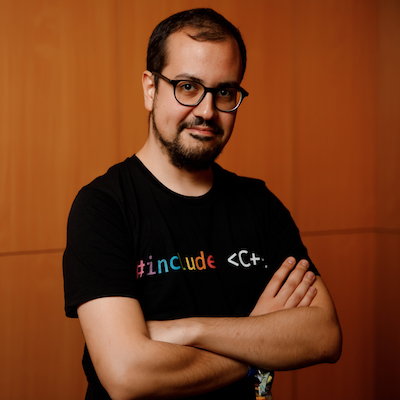Integrating C++ header units into Office using MSVC (1/n) - Cameron DaCamara and Zachary Henkel
A new post about modules, and see the related talk today at CppCon:
Integrating C++ header units into Office using MSVC (1/n)
by Cameron DaCamara and Zachary Henkel
From the article:
C++20 has had a lot to offer and one feature in particular requires the most thought of all when integrating into our projects: C++ modules (or C++ header units in this particular case). In this blog we will show a real world case of integrating a new C++20 feature into a large codebase that we might all be familiar with. ... This blog is the first in a series detailing experiences in integrating header units into the Office codebase.

 Will you attend?
Will you attend? Another keynote for CppCon which starts in just 9 days...
Another keynote for CppCon which starts in just 9 days...